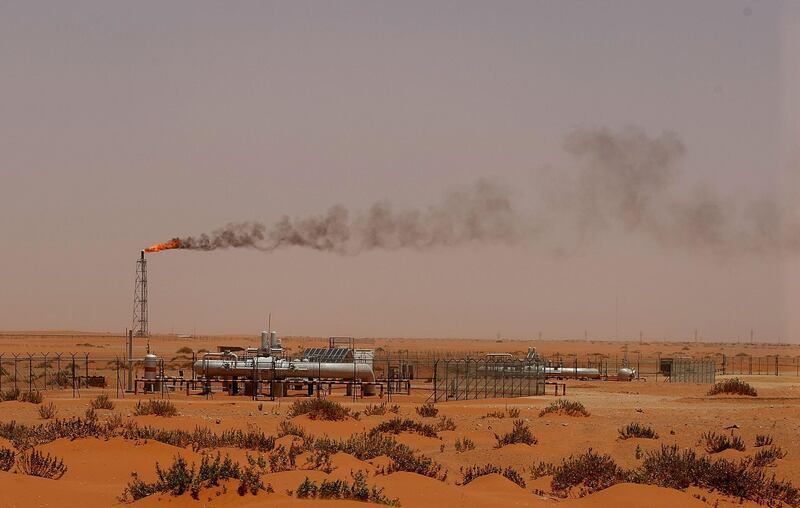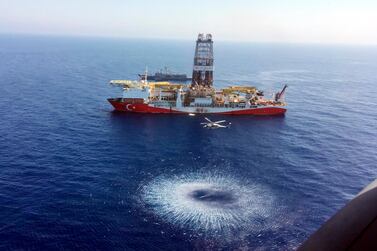Crude oil prices rose on Friday following two days of declines, buoyed after data showing an increase in retail sales in the US helped dampen concerns about a recession in the world's biggest economy.
Brent crude was up 0.9 per cent at $58.75 a barrel, after falling 2.1 per cent on Thursday and 3 per cent the previous day. Brent crude is a major trading classification of oil that serves as a benchmark price for purchases of oil globally.
Whereas, US crude was up 1.2 per cent at $55.12 a barrel, having dropped 1.4 per cent the previous session (on Thursday) and 3.3 per cent on Wednesday.
US retail sales rose 0.7 per cent in July as consumers bought a range of goods even as they cut back on motor vehicle purchases, according to data that came a day after a key part of the US treasury yield curve inverted for the first time since June 2007 prompting a sell-off in stocks and crude oil.
An inverted treasury yield curve is historically a reliable predictor of looming recessions.
"The rebound has a corrective look about it on thin volumes, rather than a beachhead for an impending rebound," said Jeffrey Halley, senior market analyst at New York-based Oanda, which provides currency solutions to corporate clients.
Overall, US data continues to be a bright spot in a dark economic universe, added Mr Halley.
"The broader story around global economic growth has been a weak one, or a weakening one and expectations (are for) further weakening," Phin Ziebell, senior economist at National Australia Bank, said by phone.
The price of brent crude is still up nearly 10 per cent this year thanks to supply cuts led by the Opec and allies such as Russia, a group known as Opec+. In July, Opec+ agreed to extend oil output cuts until March 2020 to prop up prices.
A Saudi official on August 8 indicated more steps may be coming, saying, "Saudi Arabia is committed to do whatever it takes to keep the market balanced next year".
But the efforts of Opec+ have been outweighed by worries about the global economy amid the US-China trade dispute and uncertainty over Brexit, as well as rising US stockpiles of crude and higher output of US shale oil.







